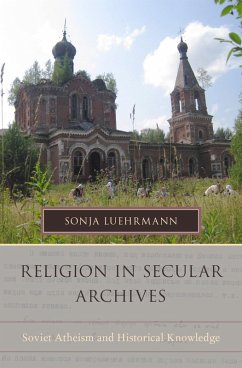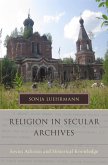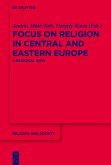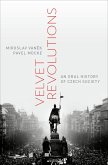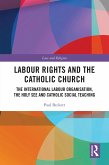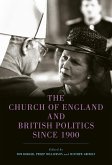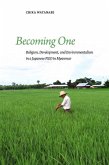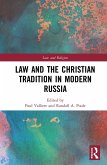What can atheists tell us about religious life? Russian archives contain a wealth of information on religiosity during the Soviet era, but most of it is written from the hostile perspective of officials and scholars charged with promoting atheism. Based on archival research in locations as diverse as the multi-religious Volga region, Moscow, and Texas, Sonja Luehrmann argues that we can learn a great deal about Soviet religiosity when we focus not just on what documents say but also on what they did. Especially during the post-war decades (1950s-1970s), the puzzle of religious persistence under socialism challenged atheists to develop new approaches to studying and theorizing religion while also trying to control it. Taking into account the logic of filing systems as well as the content of documents, the book shows how documentary action made religious believers firmly a part of Soviet society while simultaneously casting them as ideologically alien. When juxtaposed with oral, printed, and samizdat sources, the records of institutions such as the Council of Religious Affairs and the Communist Party take on a dialogical quality. In distanced and carefully circumscribed form, they preserve traces of encounters with religious believers. By contrast, collections compiled by western supporters during the Cold War sometimes lack this ideological friction, recruiting Soviet believers into a deceptively simple binary of religion versus communism. Through careful readings and comparisons of different documentary genres and depositories, this book opens up a difficult set of sources to students of religion and secularism.
Dieser Download kann aus rechtlichen Gründen nur mit Rechnungsadresse in A, B, BG, CY, CZ, D, DK, EW, E, FIN, F, GR, HR, H, IRL, I, LT, L, LR, M, NL, PL, P, R, S, SLO, SK ausgeliefert werden.

